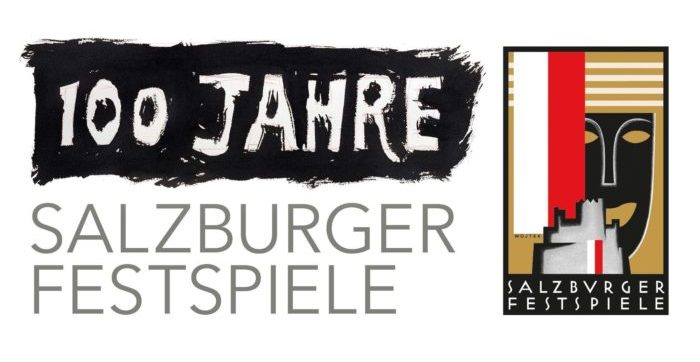Salzburg Summer Festival
100 years of breathtaking performances
Top Classical, August 2021
The Salzburg Festival was inaugurated on August 22, 1920, with the premiere of Hugo von Hofmannsthal’s morality play Jedermann on the Domplatz, directed by Max Reinhardt. Since that time, the Salzburg Festival has established itself as the most important festival for opera, drama and concerts. During the six festival weeks in July and August, over 200 events, more than 250,000 visitors arrive to Salzburg. The various events are divided into three areas: drama, opera and concert.
Initially the festival idea was focused in the desire to hold artistic events of the highest standard in a close relationship with the cultural tradition of Austria. After the First World War, the aim of the festival was intended to support the creation of a new Austrian identity, whereby by referring back to tradition, a cultural restoration took place.
Traditionally, most of the Festival events take place in the heart of the historic centre: The Festival Hall, the Felsenreitschule and the Haus für Mozart. Since 1920, Jedermann by Hugo von Hofmannsthal is staged at Cathedral Square in front of the Salzburg Cathedral attracting every year thousands of festival guests to Salzburg – enjoying most innovative dramatizations and top class actors. Playing the Jederman in Salzburg is considered as one of the most prestigious stage roles within the German speaking World. Open-air and incorporating Salzburg’s historical city as breathtaking back drop, this unique success story ensures an unforgettable evening. There are also several performances scheduled at Republic nearby, the Mozarteum or the auditorium at the Faculty of Catholic Theology.
In 2020, 100 years of the Salzburg Festival are being celebrated. Unfortunately, this year due to the corona crisis, the Salzburg Festival was not able to celebrate its hundredth anniversary as planned. However, from August 1rst to 30th, 110 performances took place in 8 locations in Salzburg under strict regulations.

The festival’s executive director, Lukas Crepaz, recalled that the founders of the festival had planned the first one in 1920 in much more difficult conditions than today, which provided inspiration even as the organisers were aware of the risks.
“You have to find the balance. We said we wanted a festival that makes sense artistically and is affordable but health and security is above all,” said Crepaz.
The festival engaged a team of medical experts to provide an overview of all their plans, and, based on their recommendations, it was decided to abandon intervals in all the productions and have no refreshments for sale inside venues. One thing clear from the beginning was that singers and musicians could not feasibly practice social distancing, and the whole cast undergoes a cover swab test after every performance.
If you’d like to be updated about the festival’s news, you can visit their website: https://www.salzburgerfestspiele.at/en/
– Clara Horner
